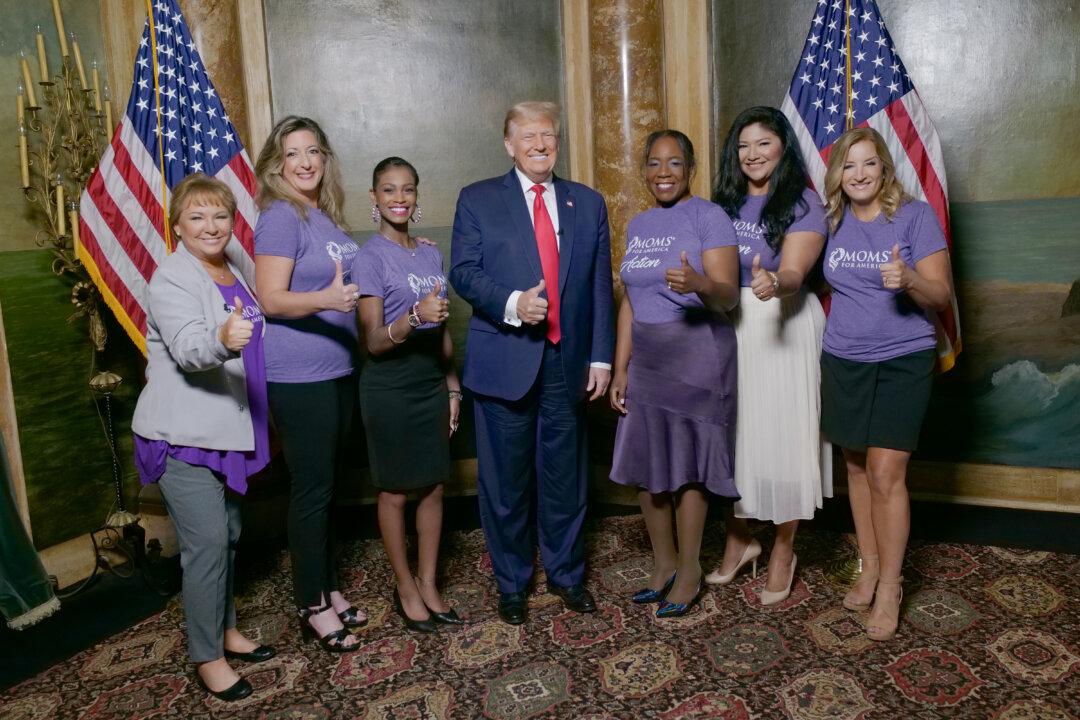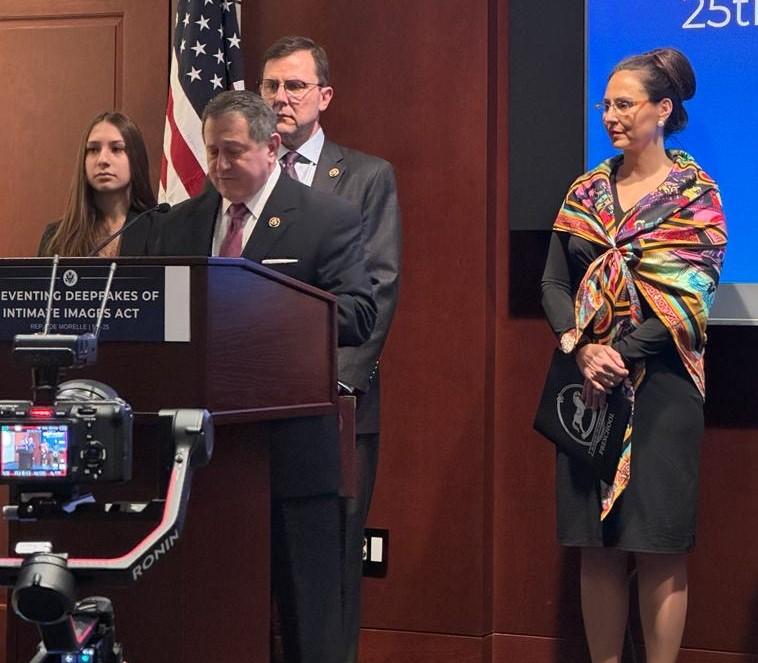The all-volunteer military force remains the best model for the United States, Deputy Secretary of Defense Kathleen Hicks said Tuesday in a keynote address she delivered at a conference at Georgetown University observing the 50th anniversary of the end of the draft.
The U.S. military draft ceased in 1973 in the wake of the end of the Vietnam War, concluding a 33-year stretch in which the country had conscription, with the exception of two years following the Second World War.





